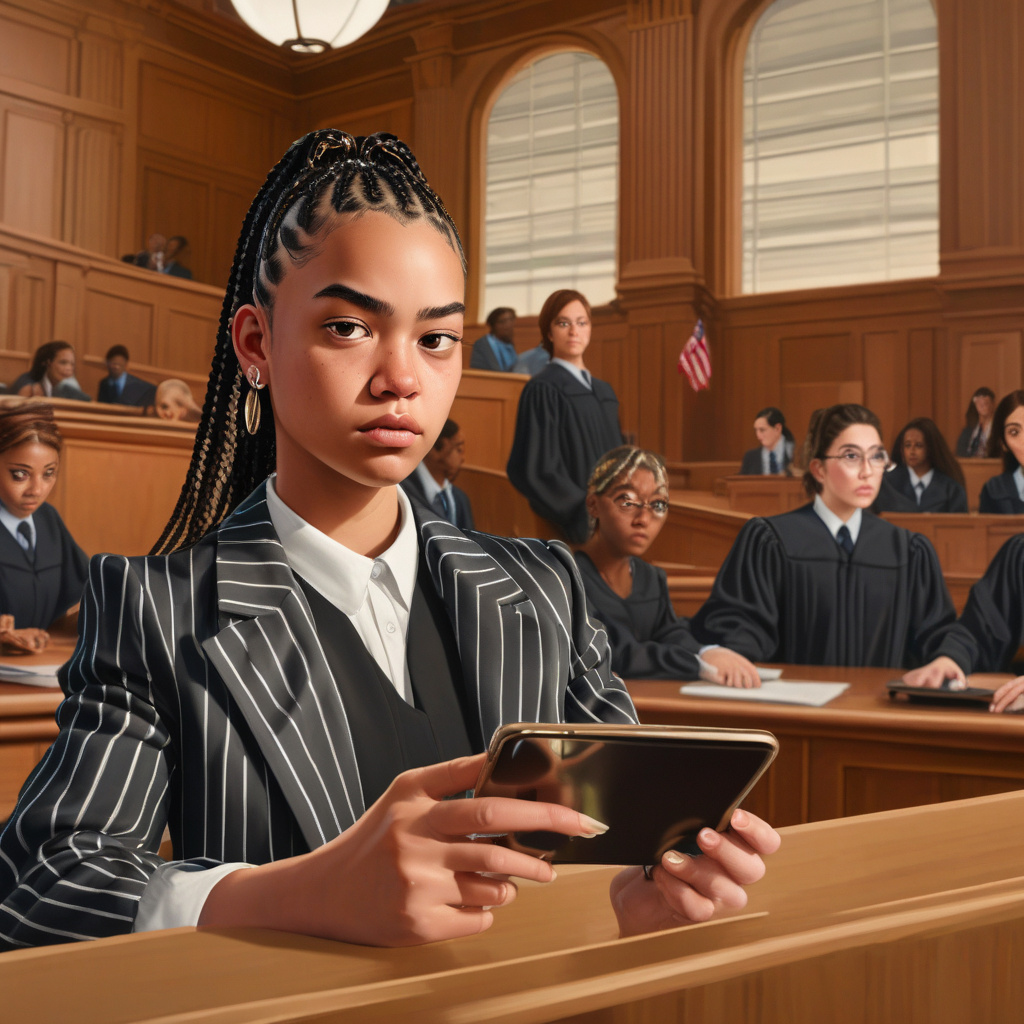In a digital age where trends spread like wildfire across platforms, the issue of intellectual property rights has become increasingly complex. The recent case of TikTok content creator Kelley Heyer suing Roblox over the unauthorized use of her dance to Charli XCX’s “Apple” sheds light on the challenges faced by creators in the online realm.
Heyer’s viral dance, inspired by Charli XCX’s hit summer album Brat, took the internet by storm after she posted it on TikTok in June 2024. The dance not only captivated audiences but also caught the attention of Charli XCX herself, who incorporated it into her live performances. The widespread popularity of Heyer’s dance underscored its cultural significance and unique creative expression.
However, the situation took a legal turn when Roblox, a popular video game platform, allegedly included Heyer’s dance in its virtual world without her consent. This action raises critical questions about the boundaries of intellectual property in the digital landscape and the rights of content creators to protect their work from unauthorized use.
At the heart of this case is the issue of ownership and control over creative content in an era defined by rapid digital dissemination. Creators like Heyer invest time, effort, and creativity into producing original work, and they deserve recognition and protection for their contributions to the cultural zeitgeist.
The legal dispute between Heyer and Roblox highlights the need for clearer guidelines and regulations to govern the use of user-generated content in online platforms. While social media and gaming companies benefit from the creativity of their users, they must also uphold ethical standards and respect the rights of content creators.
As the digital landscape continues to evolve, it is crucial for both creators and platforms to navigate these complexities with transparency and accountability. Cases like Heyer’s lawsuit against Roblox serve as a reminder of the importance of respecting intellectual property rights and fostering a culture of creativity and collaboration in the online world.
In conclusion, the case of Kelley Heyer’s legal action against Roblox over her Charli XCX “Apple” dance underscores the significance of intellectual property rights in the digital age. As technology advances and online platforms proliferate, it is essential for creators and companies to uphold ethical standards and ensure that creative work is protected and respected. By addressing these issues proactively, we can create a more equitable and inclusive digital environment for all.

